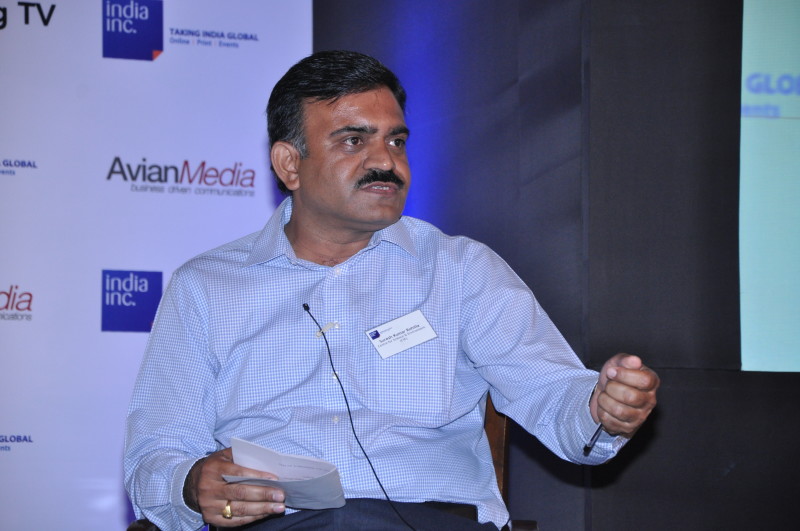The Second India Africa Dialogue and Media Briefing Workshop has ended in Accra, Ghana with experts expressing strong disapproval against the global adoption of centralised wastewater or excreta management.
 The workshop with a theme: “Sewerage to Sanitation: Opportunities and Challenges for Sustainable Sanitation Solutions for Future” was organised by the Indian-based Centre for Science and Environment (CSE) in partnership with Kenyan-based Media for Environment, Science, Health and Agriculture (MESHA) and SATCGO, a Ghana-based association of science journalists.
The workshop with a theme: “Sewerage to Sanitation: Opportunities and Challenges for Sustainable Sanitation Solutions for Future” was organised by the Indian-based Centre for Science and Environment (CSE) in partnership with Kenyan-based Media for Environment, Science, Health and Agriculture (MESHA) and SATCGO, a Ghana-based association of science journalists.
Speaking at the event that was attended by journalists from 15 African countries, Dr. Suresh Rohilla, Director of CSE’s Water Programme, said that waste-water management had been centralised particularly in urban areas of India and other parts of the world.
While Dr. Rohilla explained that “centralised waste water management means excreta is not managed locally but is only transported through pipelines and dumped somewhere else,” other experts at the workshop said that large quantities of water, which is a precious natural resource, was used in carrying human excreta.
Dr. Sudhir Pillay, a scientist with South Africa’s Water Research Commission, observed that “this is not the best use of water,” adding that the number of people defecating in the open were increasing in 26 of 44 countries in the sub-Saharan Africa.
In Ghana, he said, only 15 percent of people used an “improved” sanitation facility and that the current technology, which is the use of water to flush down excreta, was not sustainable.
“The solution,” he said, “is on-site faecal sludge management using modern septic tanks and other technologies so that the excreta would not use contaminated water bodies.”
Both Pillay and Patrick Apoya, a water and sanitation expert, advocated for Decentralised Wastewater Management Systems (DEWATS), which uses advanced systems including septic tanks, biogas digesters, anaerobic filters and other methods to convert wastewater into clean, usable water.
“The current piped sewerage systems do not treat sewage but merely transport it away. They are toxic and extremely pollute the rivers and lakes where they are finally dumped,” Rohilla said.
Apoya, on his part, shared detailed suggestions on decentralised models that communities could adopt.
A CSE analysis at the workshop stated that, in the corresponding period when the world population increased by three times, water consumption increased six times.
The analysis observes that ‘modern’ lifestyle and processes required more water than before, which consequently leads to water shortage, about 75 percent of the world faces water scarcity, currently.
It therefore saw the necessacity for discarding wasteful practices. “It is not prudent to create water and sanitation systems that are wasteful in design later which we will want to make efficient later.”
It questioned systems and structures that eliminated local people’s participation in decision-making while at the same time, centralising the systems. “While water supply systems were centrally controlled and relied on long transmission lines and transportation of water from distant locations, sewage disposal, too, was done in a centralised manner in most towns and cities. As much as 20 to 50 percent of water was wasted during the supply process.”
By Abdallah el-Kurebe
